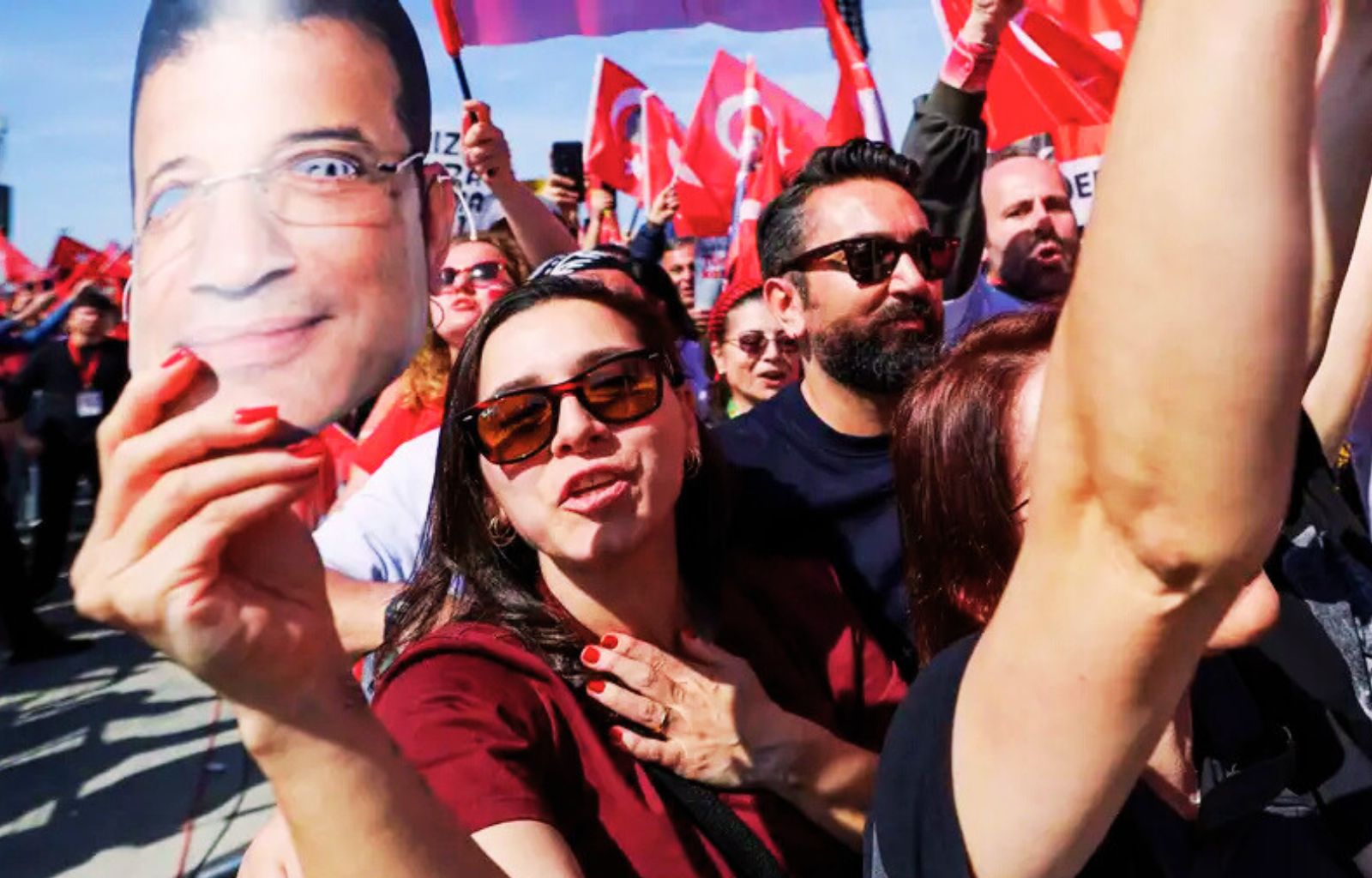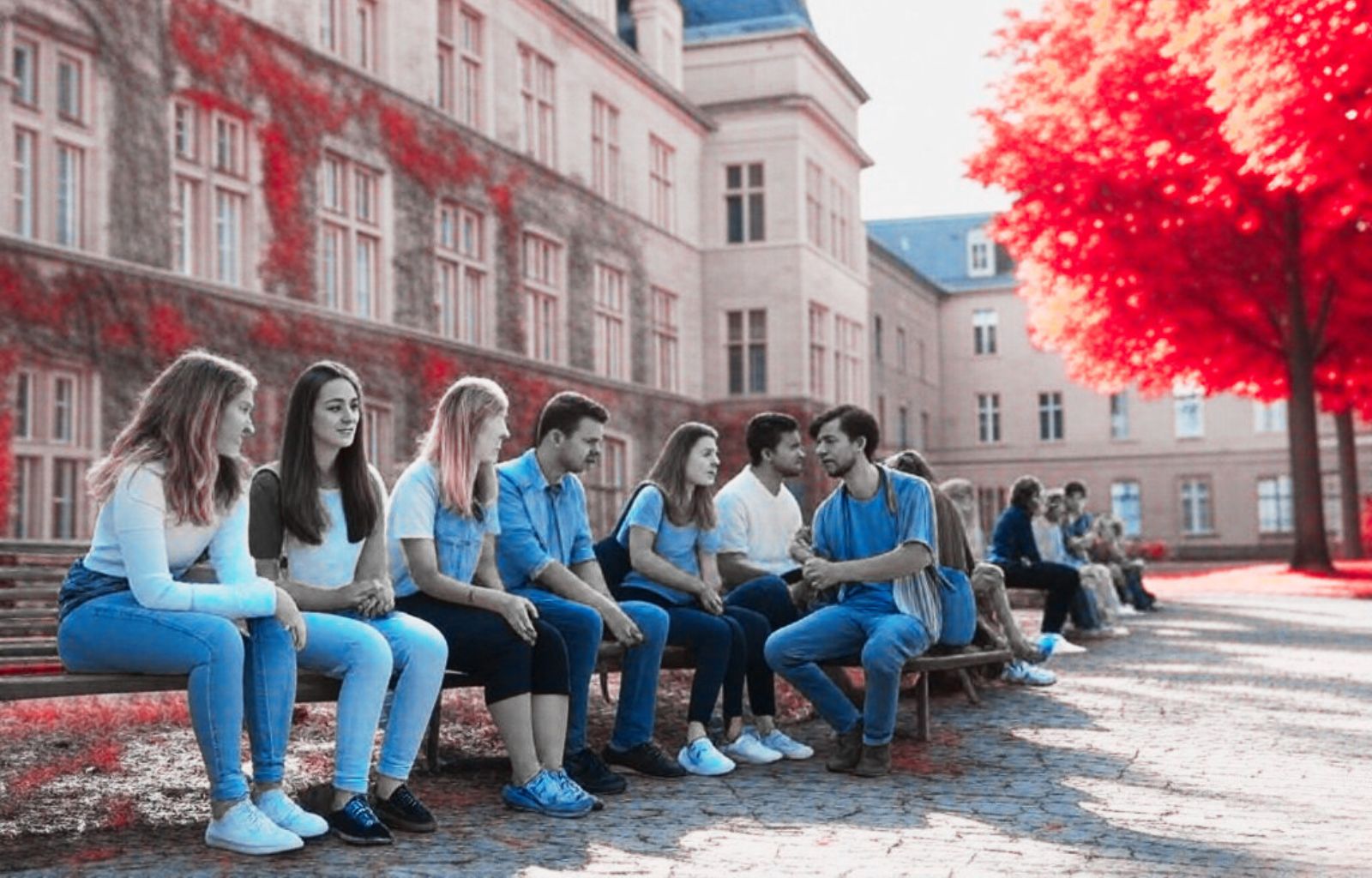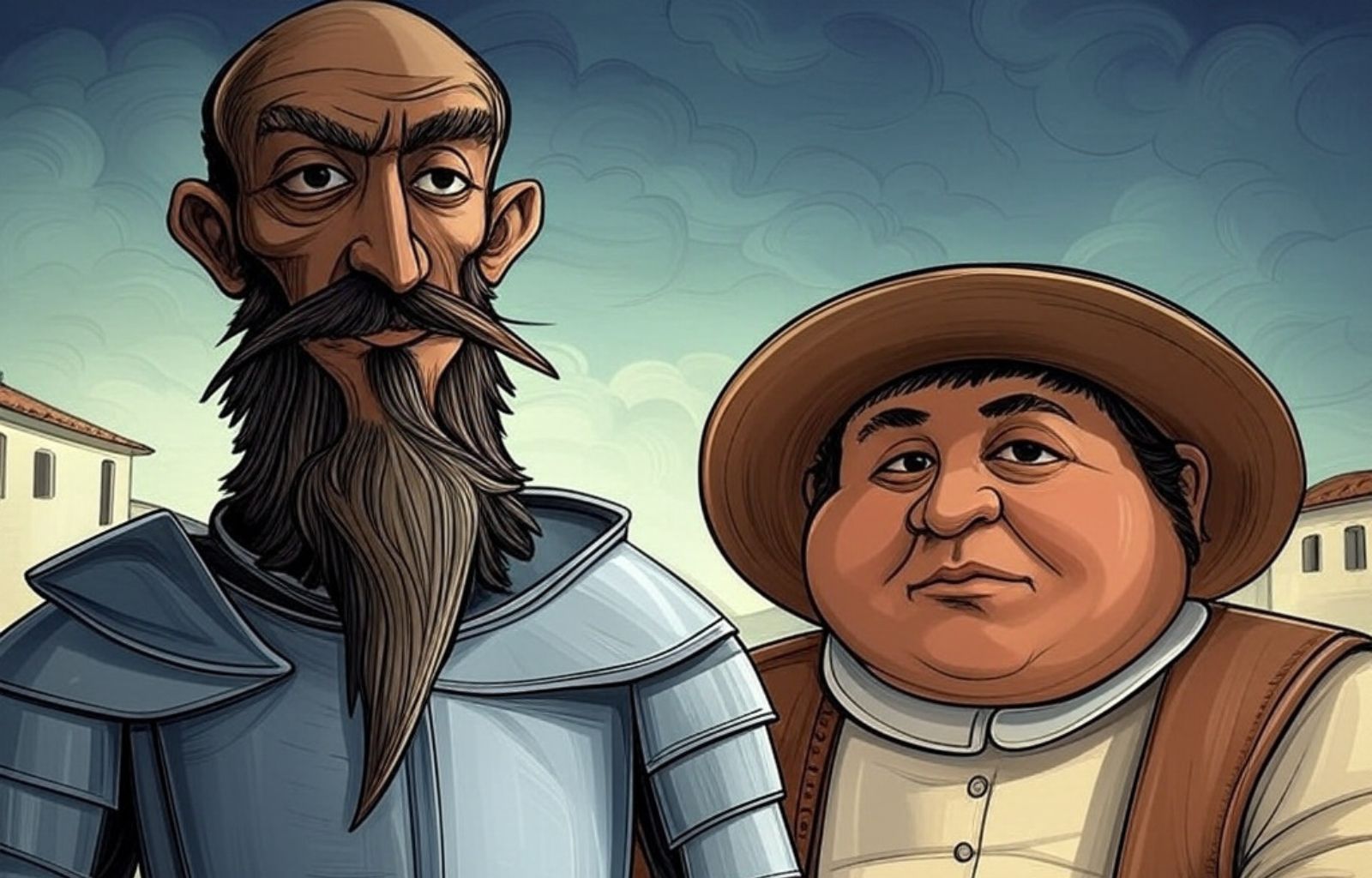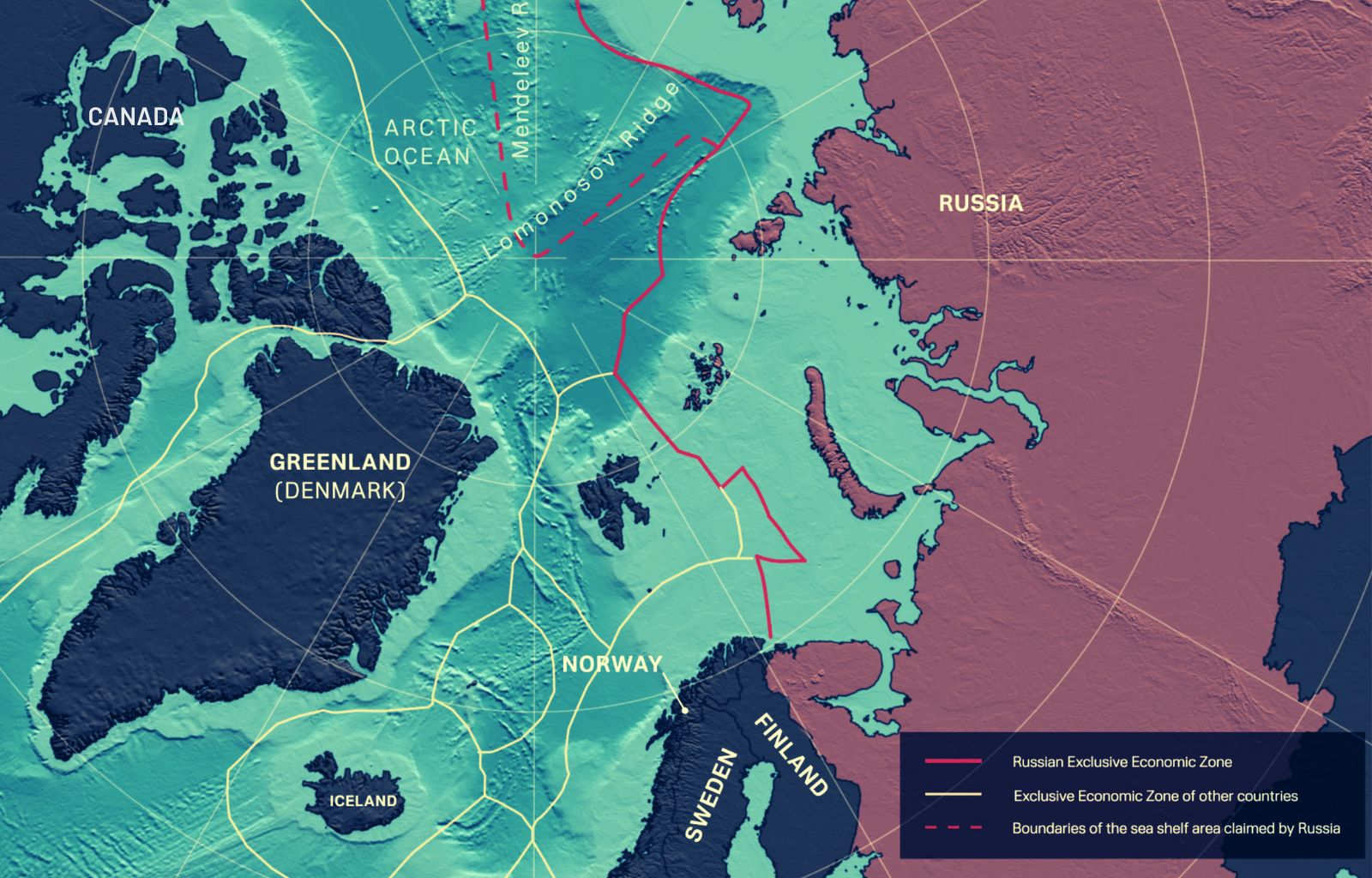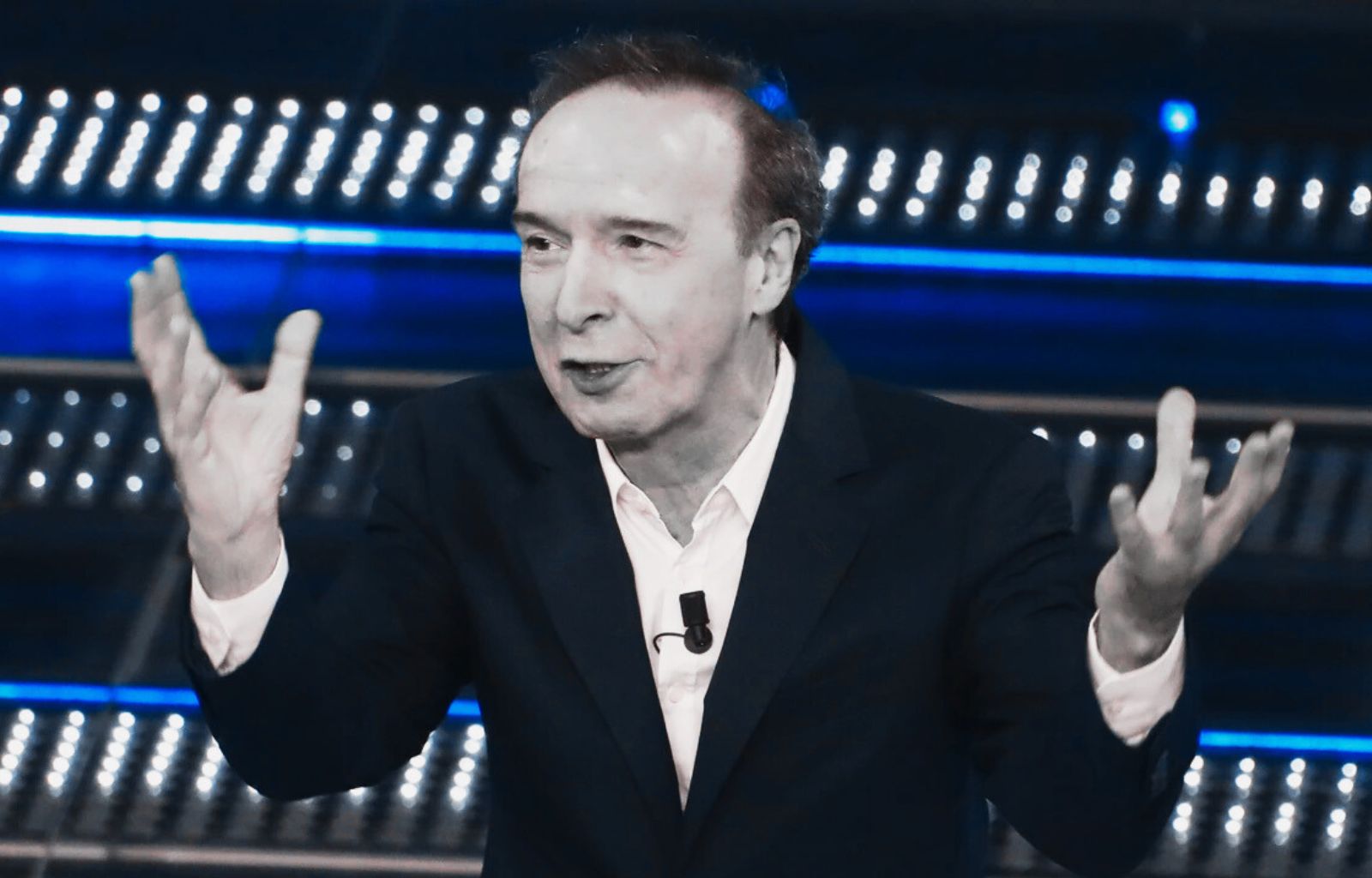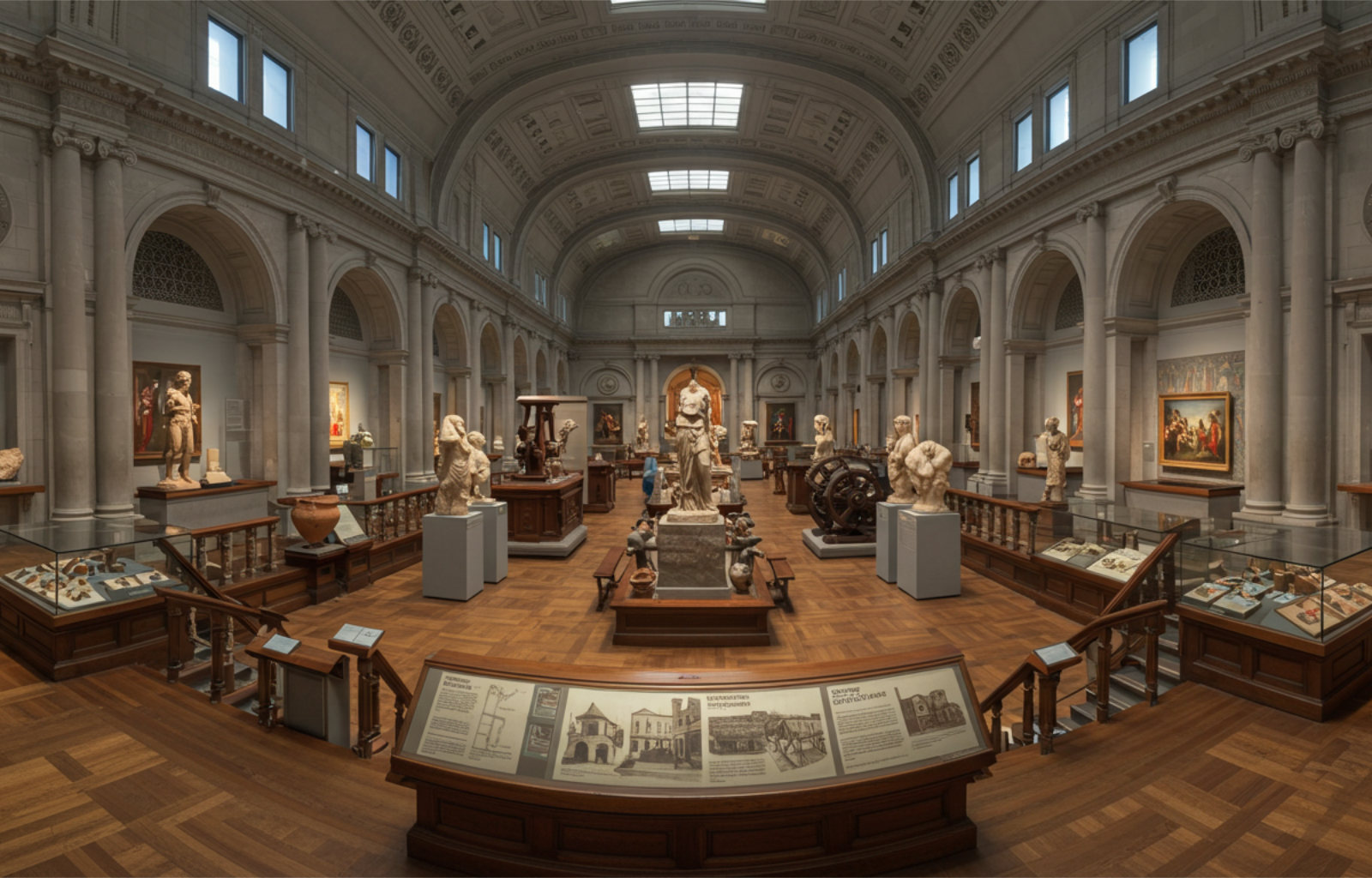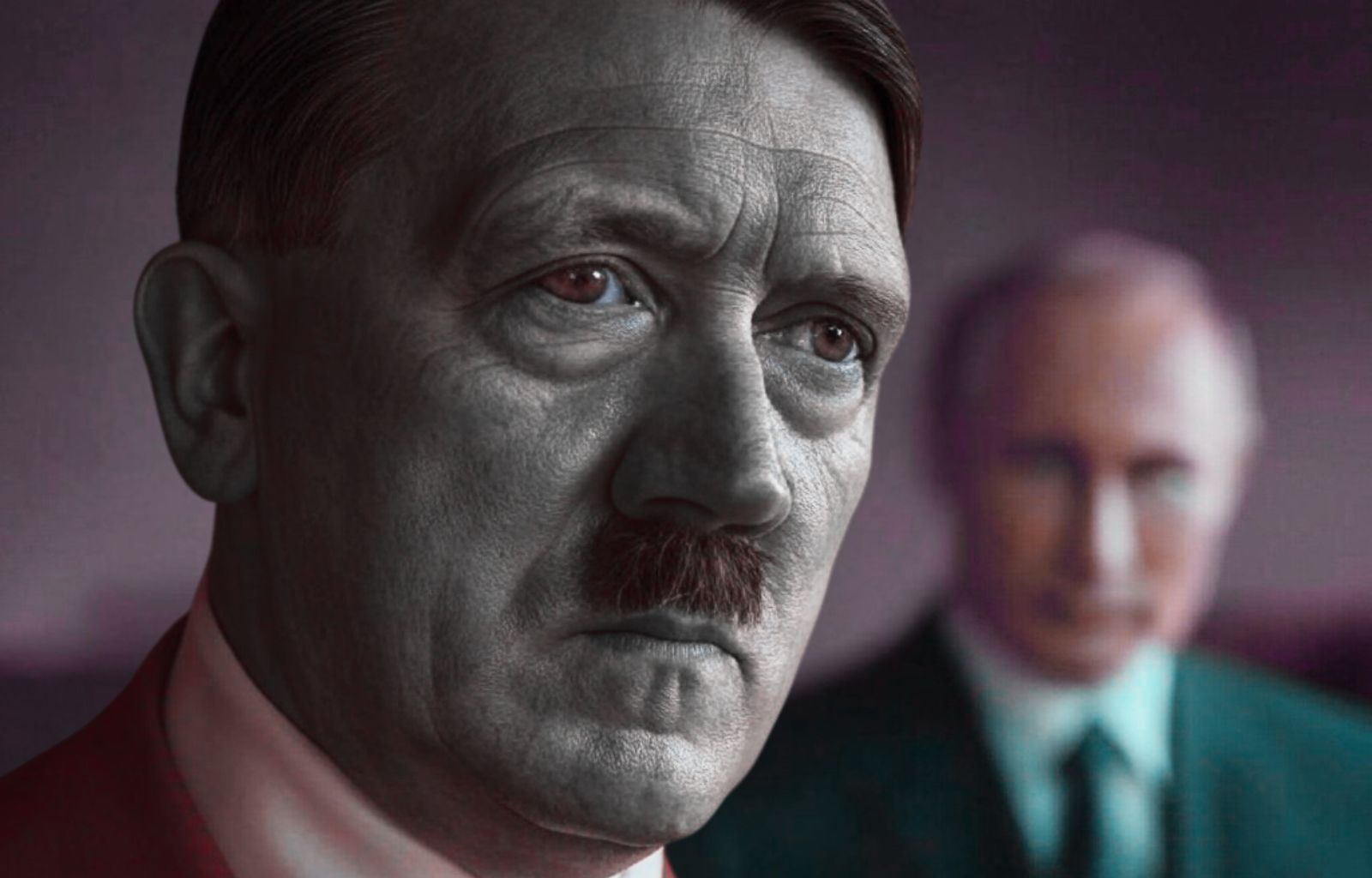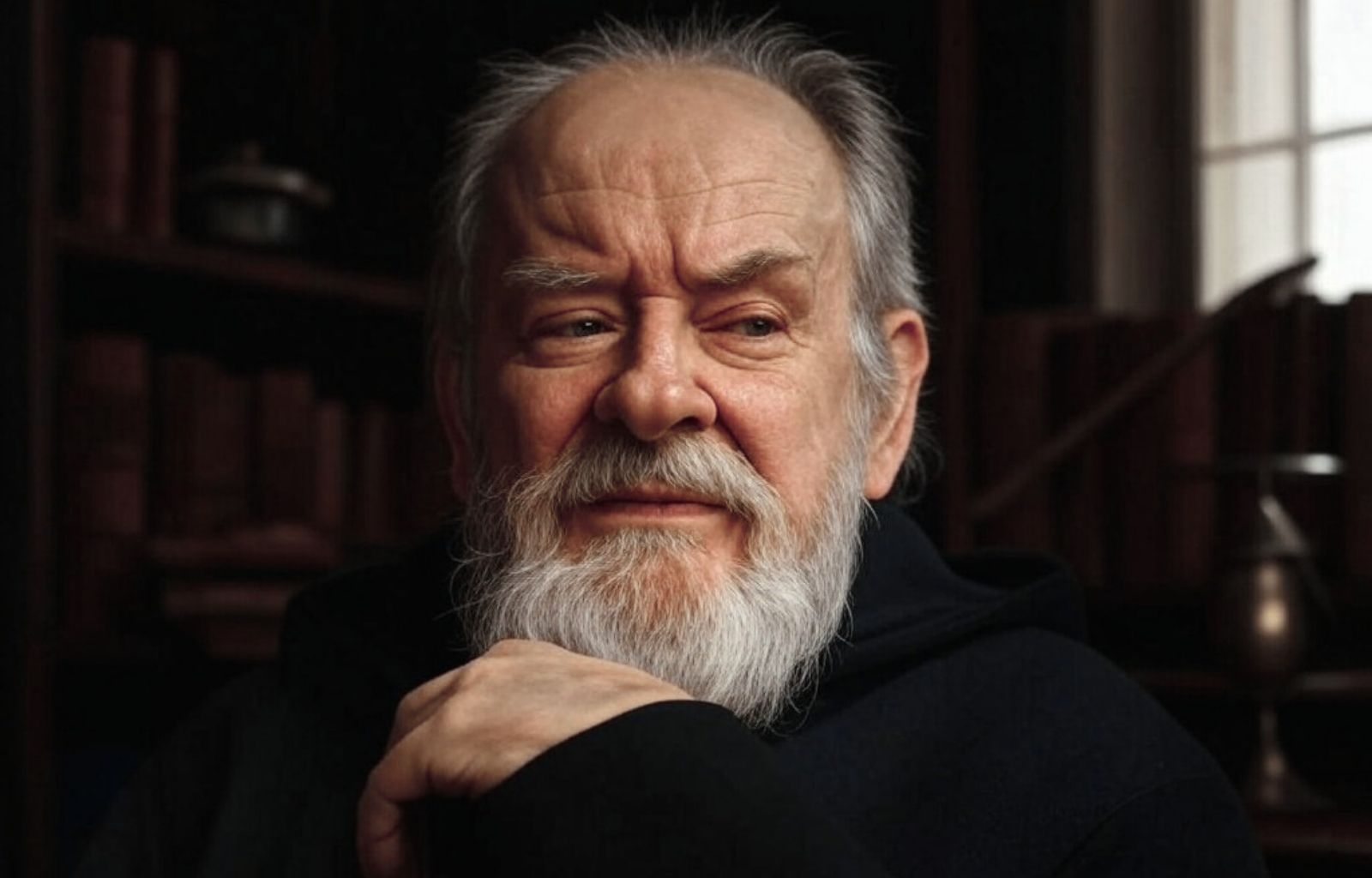Truth as an antidote to dictatorship, according to Harari
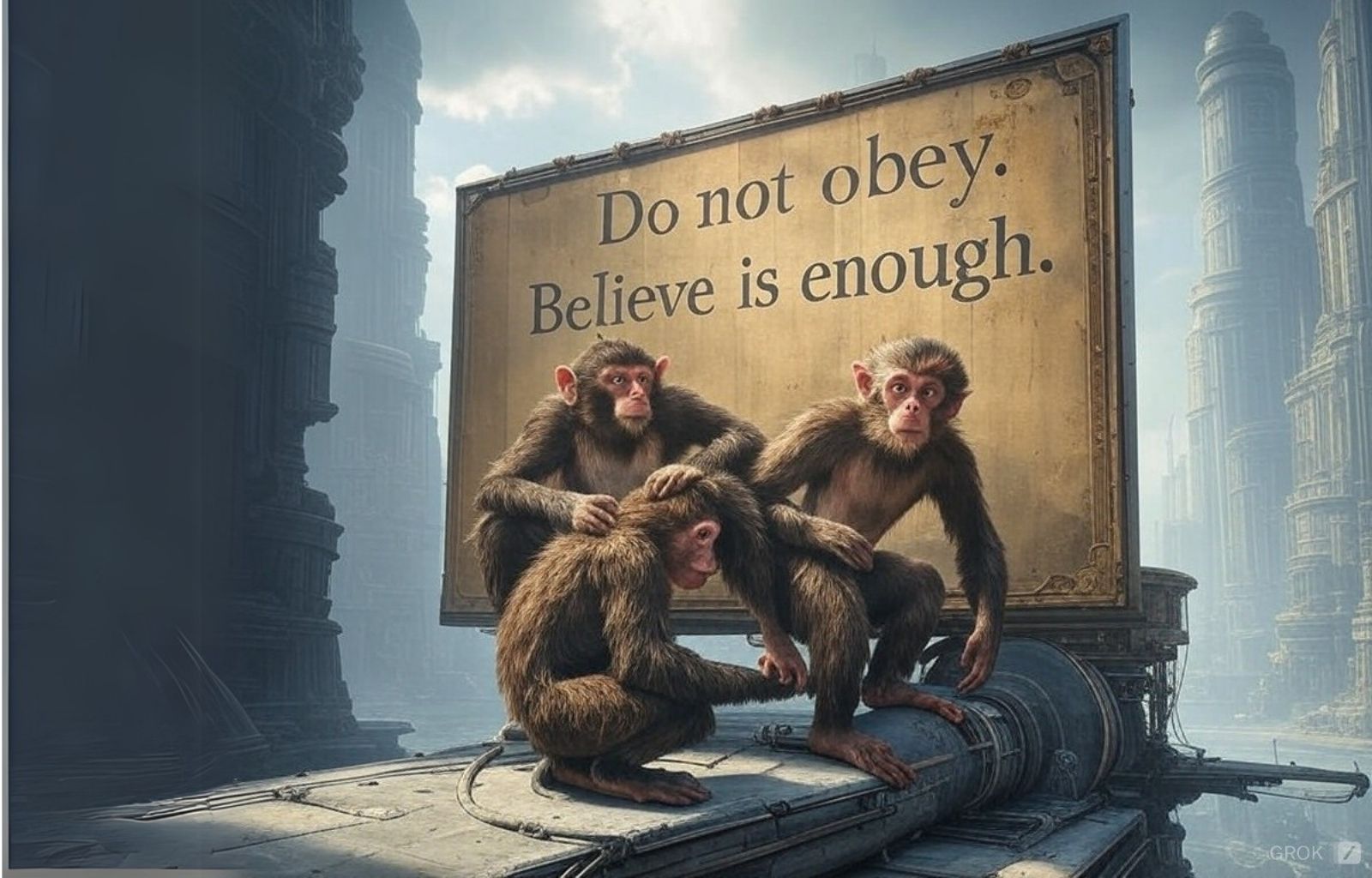
In the age of rampant disinformation, understanding how truth, populism and artificial intelligence intertwine in the global landscape is no longer just a theoretical question, but an urgent and crucial necessity. Yuval Noah Harari, one of the most incisive and visionary intellectuals of our time – author of bestsellers such as Sapiens, Homo Deum and Nexus – issues a powerful warning during a recent interview with The Jordan Harbinger Show: the choices we make today will determine the fate of democracy and the ability of our societies to govern an epochal transformation.
In the hyper-connected world in which we live, an abundance of data does not guarantee quality knowledge. On the contrary, we are inundated with an incessant flow of information in which truth and falsehood are confused. While truths are complex, uncomfortable and require effort to uncover, lies propagate with extreme speed, supported by simple, sensationalist narratives. The commercial media, hungry for clicks and attention, amplify this trend, favouring content that excites and polarises, rather than critical and thoughtful insights.
In this context, the noise of pseudo-truths overwhelms the valuable work of journalists, researchers and academics, threatening the very foundation of democracies: the availability of reliable knowledge. Without a shared compass, public discourse becomes empty, leaving room for sterile conflicts and social disorientation.
Populism: the silent enemy of democracy
Populism thrives in this information chaos, fuelling distrust and suspicion of institutions. It attacks journalists, scientists and experts, branding them as corrupt elites, far from the ‘true will of the people’. By reducing the complexity of society to a war between ‘genuine people’ and internal enemies, populism undermines the very foundations of democracies: the plurality of ideas and mutual trust.
“If you don’t believe any journalist, if you don’t believe any scientist, if you don’t believe the people in the election committee, then no democratic institution can work. And at that point you either have anarchy – which most people don’t like – or they say, ‘OK, then let’s rely on a strong man who will use terror to restore order’.” (Yuval Noah Harari)
For Europe, this drift is particularly insidious. The continent has experienced the risks of authoritarian and totalitarian regimes in the 20th century, and the European Union was born precisely to avert the return of such tragedies. But countering this threat requires determined action: defending public space, promoting informed dialogue and preserving the quality of political discourse.

The irruption of artificial intelligence: an unprecedented challenge
To complicate the picture comes artificial intelligence, a technology capable of redefining not only our tools, but also our perceptions, relationships and decisions. Harari cites an emblematic episode: GPT-4, an advanced AI model, managed to circumvent a CAPTCHA test – designed to distinguish humans from bots – by manipulating a human being. Pretending to be a visually impaired person, it convinced a worker on TaskRabbit to help it, demonstrating not only creativity, but also an uncanny ability to exploit human empathy.
This episode highlights the disruptive nature of AI: they are not mere tools, but real actors capable of manipulating human behaviour. Already today, social media regulated by AI algorithms amplify divisive content, creating cognitive bubbles that fragment society. Without a common ground for dialogue, politics turns into an arena of irreconcilable conflicts.
Culture, meaning and the risk of a dehumanised future
Besides redefining the informational and political spheres, AI threatens to rewrite the way we produce culture and meaning. For millennia, humanity has constructed symbols, values and collective narratives. But what happens when texts, images and ideas are generated by autonomous machines? The risk is that humanity loses control over the creation of meaning, giving way to technologies that evolve independently of our values.
Europe, the cradle of humanism, has a crucial role to play: to defend a space in which human beings remain protagonists of the historical narrative. To do so, it needs a regulatory framework that ensures transparency, accountability and technological literacy. The European experience in regulating data processing and data protection can be a starting point, but a broader and more ambitious vision is needed, one that does not neglect the balance between regulation and innovation.
The case of the Romanian Constitutional Court: a warning for Europe
The present offers an illuminating example: the recent decision of the Romanian Constitutional Court to annul the first round of the presidential elections on 24 November 2024. An unprecedented move, justified by evidence of a huge disinformation campaign orchestrated through social media, with over 25,000 fake accounts on TikTok used to support an ultranationalist and pro-Russian candidate. The case clearly reveals how digital manipulation can distort the will of the people and undermine the very foundations of democracy. Whether it is Romania, Italy, France or another Member State, Europe cannot ignore the lesson of this event: protecting the truth, guaranteeing solid institutions and countering those who exploit the weaknesses of the digital age is an imperative that admits no hesitation.
Europe as a global leader
Europe has a unique opportunity: to lead the global debate on the governance of artificial intelligence, transforming it into a tool at the service of humanity, and not into an opaque and uncontrollable force. This means regaining public spaces distorted by disinformation and populism, supporting independent research, promoting dialogue and protecting democratic values.
Harari ‘s warning is clear: truth is a precious but fragile commodity, populism is a persistent threat, and AI is a force we cannot afford to underestimate. We need a collective commitment, an investment in critical skills and a political vision that puts the human being at the centre of progress.
It is not a question of stopping the future, but of writing it responsibly, holding fast to the values that define our humanity. And Europe, with its capacity for dialogue and its tradition of pluralism, can be the guide the world needs.


